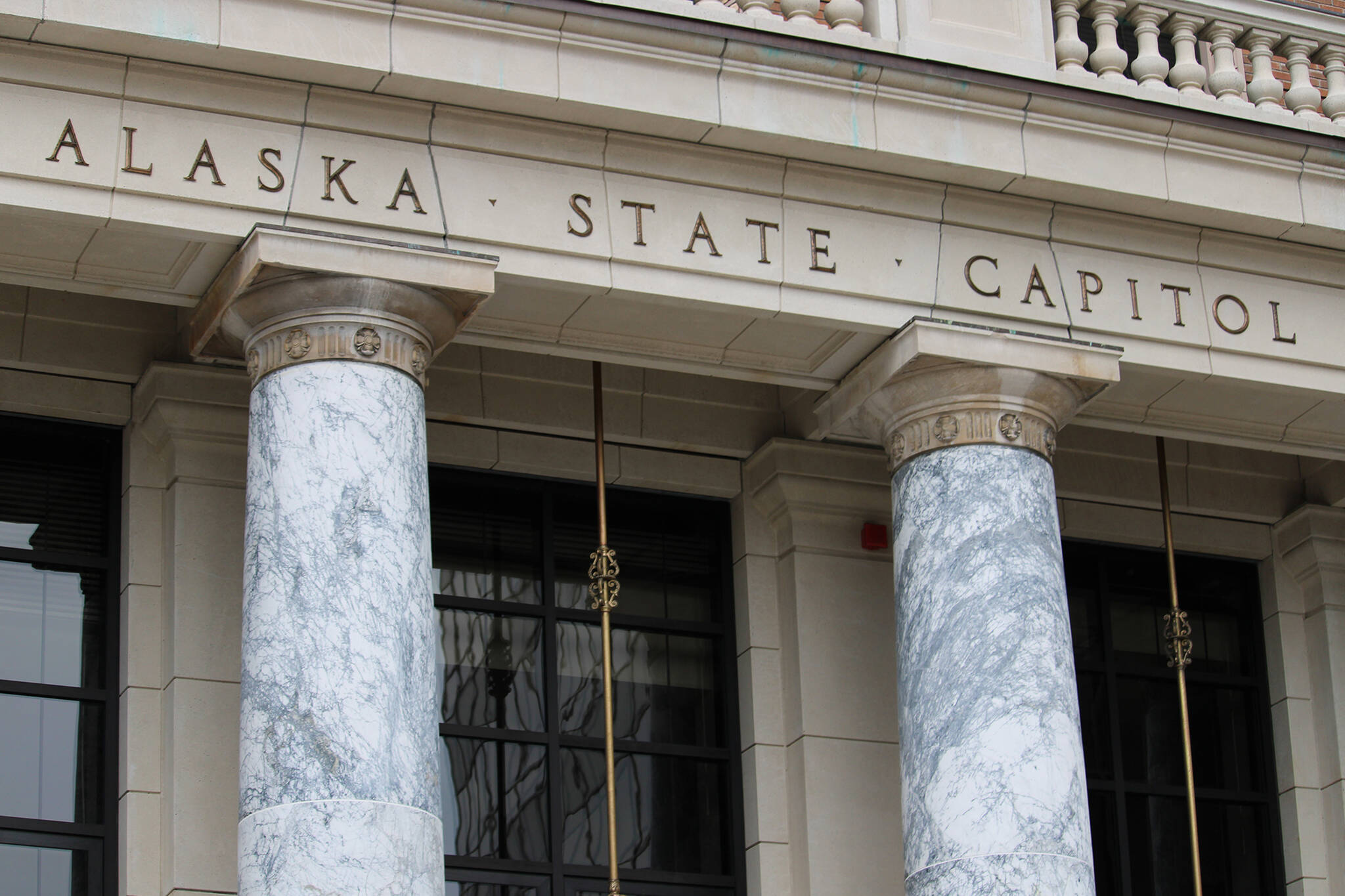It was only four weeks ago that I wrote the only promise Gov. Mike Dunleavy hasn’t broken in four years is not to raise taxes. Now, he’s apparently planning to include a state sales tax in a long-term fiscal plan he has yet to submit to the Legislature. Even if he did that last week though, there still wasn’t adequate time for them to consider it.
It’s not as if Dunleavy suddenly realized that some form of new taxes was needed. But to have proposed it before the legislative session began — as he should have — would have revealed that he deliberately misled voters while campaigning for reelection.
Furthermore, he should know the Senate especially isn’t interested in passing a broad-based tax right now. They see the bad optics of doing that so soon after Dunleavy orchestrated a backroom deal to give legislators a hefty raise.
Legislative leadership is also at fault for deferring the question of increasing tax revenue until after Dunleavy was elected Governor. His staunch anti-tax position and veto power effectively took the subject off the table.
The opportunity they missed began in December 2015 when then-Gov. Bill Walker unveiled a blueprint to solve the budget problem. His “New Sustainable Alaska Plan” was a complex set of taxes, budget cuts and restructuring use the Permanent Fund. It put everything in one place where the Legislature could analyze, debate, amend or eliminate each piece as they saw fit.
“There’s plenty of things for everybody to not like,” Walker said as he described the way individual Alaskans and businesses would share the sacrifice. He even admitted to not liking part of it himself.
Most Republicans demanded more budget cuts before they’d consider any form of tax increase, including ending tax credits for the oil industry. Most Democrats opposed further budget cuts and wanted the sole focus for generating new tax revenue to be on the oil industry.
And both sides opposed using any of the Permanent Fund to fund government because it meant reducing the size of the PFD. The irony is two years later they both agreed to do exactly that.
But everything else Walker proposed found little or no support in the legislature.
This year, Senate President Gary Stevens, R-Kodiak, has introduced the only sensible tax bill. It’s aimed at e-cigarettes and vaping products. One Republican and three Democrats are on board. And a companion bill on the House side sponsored by Juneau Rep. Sara Hannan, a Democrat, has the support of Rep. Alyse Galvin (I-Anchorage). But they’re not suggesting it’ll have an impact on the budget problem. If enacted, it will only raise $3 million a year in revenue.
Galvin has introduced an income tax proposal that’s not at all progressive like Walker’s from seven years ago. Hers is basically a two-tiered system in which an individual or individuals filing jointly would pay “two percent of taxable income over $200,000.” Anyone earning income below that amount would pay a mere $20. That’s so unfair that only two Democrats are willing to co-sponsor it.
Sen. Bill Wielechowski, D-Anchorage, has long been focused on increasing tax revenue from the oil industry to the exclusion of everything else. He submitted another bill this year. Rep. Cliff Groh, D-Anchorage, has one in the House. Neither of them has any co-sponsors.
Rep. Ben Carpenter, R-Nikiski, proposed a 2% statewide sales tax, the revenue of which would largely be offset by a corporate tax cut. He has no co-sponsors either.
The problem isn’t just that these bills are bad or unpopular. The fragmented approach to a complex problem is wrong. Granted, Walker had the advantage of a larger staff and bigger budget to develop his comprehensive plan. But the Legislature as a whole can make it a priority too.
Three years ago, they tried that by creating an eight-person Fiscal Policy Working Group comprised of two majority and minority members from each chamber. They recommended the obvious—that new revenue “on the order of $500-$775 million” needed to be part of a comprehensive budget solution. But they defeated their effort by admitting not being able “to make a specific recommendation for type of revenue.”
Then, with help from Dunleavy, legislative leadership squandered two more years. And rewarded each other with big pay raises they’ve done nothing to earn.
• Rich Moniak is a Juneau resident and retired civil engineer with more than 25 years of experience working in the public sector. Columns, My Turns and Letters to the Editor represent the view of the author, not the view of the Juneau Empire. Have something to say? Here’s how to submit a My Turn or letter.

